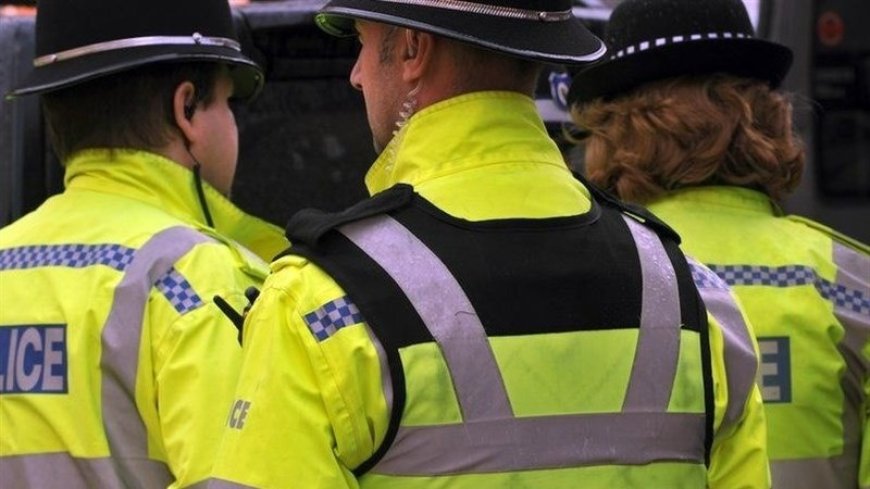Increasing the capacity of British prisons to deal with riots

In response to escalating unrest and widespread riots across England, the British government has mobilized 6,000 special forces and is significantly increasing prison capacity to manage the surge in inmate numbers. The unrest erupted following a tragic knife attack in Southport, northwest England, which resulted in the deaths of three children and injuries to ten others.
The incident, which has deeply shocked the nation, has been compounded by the rapid spread of misinformation online. Initial reports inaccurately identified the attacker as a refugee with radical Islamist connections, fueling public outrage and further intensifying the riots.
In light of these developments, the government has implemented a series of measures aimed at restoring order. The deployment of special forces is part of a broader strategy to address the rioting and prevent further violence. Additionally, authorities are expanding prison facilities to accommodate the increasing number of detainees resulting from the ongoing unrest.
Critics have pointed to the role of Islamophobic rhetoric and policies in exacerbating the situation. Some experts argue that the government's stance on immigration and radical Islamism has contributed to a climate of fear and mistrust, inflaming tensions within communities and leading to violent outbreaks.
The government's response underscores a critical moment in the UK's efforts to address both the immediate crisis and the underlying issues contributing to the unrest. As the situation evolves, authorities are faced with the dual challenge of managing the current chaos while addressing broader societal concerns that have fueled the violence.













































